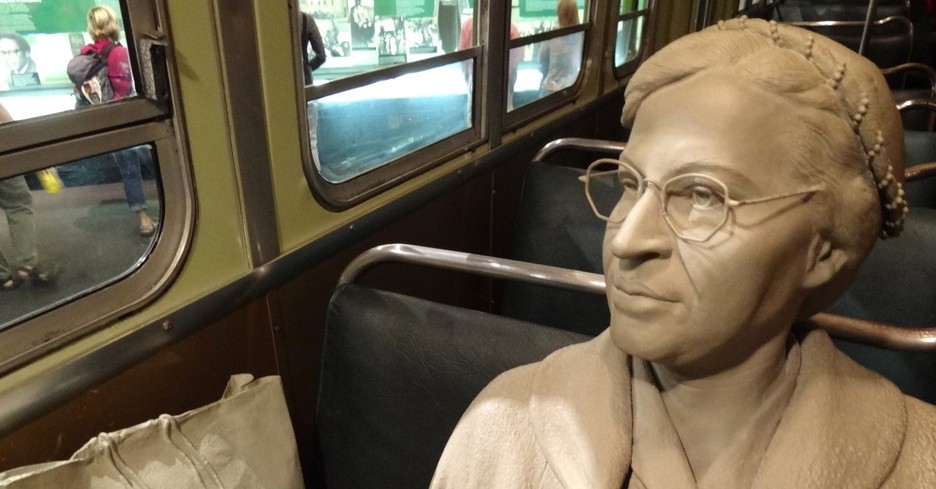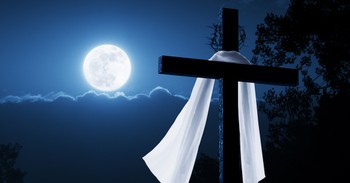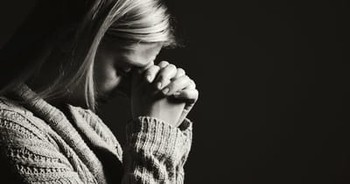
"IGNORE WHAT THEY DO TO YOU"
"Now you remember, Rosa," Mama said as I started out the door. "No matter what those other children do to you, you turn and walk away."
"But Mama, that's so unfair!" I protested.
"Child, fair and unfair don't matter here. I want you to stay safe and the way to do that is to ignore what they do to you. If you don't fight back, you won't get hurt."
"Yes, Mama," I said, and quietly walked out the door. I knew it was no use arguing with her. Mama would just tell me to turn the other cheek like Jesus said to in the Bible. We had read those verses in devotions last week and talked about what that meant to black people in Alabama in the 1920s. I was only nine years old, but I already cringed under the cruelty I had experienced first-hand. Why could white children push me around just because my skin was darker than theirs? It was so unfair! Why couldn't we be friends? And if we were all equal in God's eyes, why did they abuse us?
"I WON'T BE PUSHED AROUND"
As I walked by the white children's school, I gazed longingly at the nice building and well-kept lawn. I wished I was brave enough to walk over and peek through the windows to see if it was true. Was there really a whole room in that school filled up with shelves of books? How I wished I could visit that room and open those books!
As I walked, I thought of my own school, the one for black children. It was just a shack, with no windows or desks. One of the few books we had was the Bible. I was fortunate to have a Bible at my home as well. I knew many of the stories by heart, since my grandparents read the Bible to me nearly every day. Stories of God caring for His people were a comfort. I wanted to trust God to take care of me, too, but sometimes that was hard.
I was suddenly jolted back to the present by a hard shove from behind. I turned around quickly to defend myself. The white boy who had shoved me was watching with a smirk on his face. We both knew I was expected to take it and pretend that nothing had happened, but this morning I couldn't do that. I shoved him back. The smirk on his face quickly turned to shock. Then I noticed his mother behind him. She was even more shocked than her son.
"What do you think you're doing?" she shouted. "How dare you touch my boy?"
I looked her in the eye and replied, "I won't be pushed around by your son or anyone else." My heart was pounding as I turned calmly and walked away.
"THE LAW IS THE LAW"
Thirty-three years later, black people in America still lived under the laws of segregation. We had to eat in different restaurants, go to different schools and even drink from different water fountains. When riding the public bus, we had to sit in the back section, separated from the whites. By this time, I was married to Raymond Parks. "Parks," as I called my husband, didn't like segregation any more than I did. We knew segregation was wrong, but we felt powerless. In the end, God used a simple bus ride to accomplish more than we could have ever dreamed.
December 1, 1955, was just like any other day until I got on the bus that evening to go home. I stepped on the bus at the front and paid my dime to the driver. Then I had to step off the bus and re-enter it in the back, just like always. There were many seats available, and I sat in the first row that black people were allowed in. As we traveled, however, the bus began to fill up. Then it happened. A white man boarded the bus and there were no more seats in the white section.
The driver looked back at me and demanded, "Let me have those seats."
I instantly felt God give me the strength to endure whatever would happen next. God's peace flooded my soul, and my fear melted away. All people were equal in the eyes of God, and I was going to live like the free person God created me to be.
I refused to move.
The bus driver, J. P. Blake, looked back and said, "Y'all better make it light on yourselves and let me have those seats."
The other three black people in my row got up, but I still refused to move.
Blake called the police, and in less than five minutes they were there.
"Why do you push us around?" I asked one of the officers.
"I don't know," he answered, "but the law is the law and you're under arrest."
February 4, 1913 | Rosa McCauley is born in Tuskegee, Alabama |
December 18, 1932 | Rosa marries Raymond Parks at her mother's house |
December 1, 1955 | Rosa refuses to give up her seat on a Montgomery bus |
December 21, 1956 | Montgomery city buses are legally integrated |
June 15, 1999 | Rosa is awarded the Congressional Medal of Honor |
October 24, 2005 | Rosa dies at her home while napping, at the age of 92 |
PRAYER CHANGES THINGS
To my great relief, I was released from jail later that evening. Three days later, I was found guilty and ordered to pay a $14 fine. Although the fine was small, I knew the time had come to take a stand.
"Hurry up, Parks," I called to my husband a few weeks later. "We can't be late."
I couldn't wait to get to the Monday night prayer meeting at church. My arrest had caused our people to unite in protest against segregation. We decided to boycott the public bus system. This meant that no black person would ride a public bus until the laws were changed. This prayer meeting was also part of our protest. We knew that we needed God's help to change the laws of our country. The 25-year-old minister, Martin Luther King Jr., was going to speak at our meeting tonight, and I didn't want to miss a word he said.
We found a seat just in time. Reverend King looked so young, but when he began to speak, we forgot his age and heard only his message.
"Our country does not want to give us our freedom," he said. "We must demand it. We must protest the law of the land because it violates God's law. But violence is not the answer. It is our duty to protest segregation, but we must do so with dignity and Christian love. Join me in praying that the radiant stars of love and brotherhood will soon shine over our great nation."
THE RESULTS OF MY ARREST
For 381 days, we stayed off the buses. Churches helped some people find rides to work, and many of us walked several miles to work for over a year. Some people even lost their jobs because they had no way to get to work, but still, we pressed on and did not resort to violence. Reverend King got lawyers who took our case to the U.S. Supreme Court.
They eventually agreed with us that black people did not need to give up their seats to whites. Although our protest was peaceful, we had still demanded justice based on God's law. Because black people and some whites had stood together peacefully, the unfair laws of our country were changed. Racism did not disappear just because segregation was no longer legal, but things slowly started to improve. And I was proud to help that happen.
Make It Real! Questions to make you dig a little deeper and think a little harder.
1. Was Rosa right to shove the boy who pushed her? Was she right to disobey the law and refuse to give up her seat on the bus? Which one involved peaceful protest of wrong treatment?
2. How is being forced to sit in a certain section of a bus the same as being pushed around? How do you think you would have reacted?
3. What do you think Jesus means when he tells us to "turn the other cheek"? How does this apply to believers today?
4. How would you feel if you couldn't go to a good school just because of the color of your skin?
Suggested reading:
1. I Am Rosa Parks by Rosa Parks with Jim Haskins (Dial Books for Young Readers)
2. Quiet Strength by Rosa Parks with Gregory J. Reed (Zondervan Publishing House)
Further Reading:
How Martin Luther King Jr. Overcame “Christian” White Supremacy
How Did Howard Thurman Change the Civil Rights Movement?
Photo Credit: Flickr/Adam Jones


